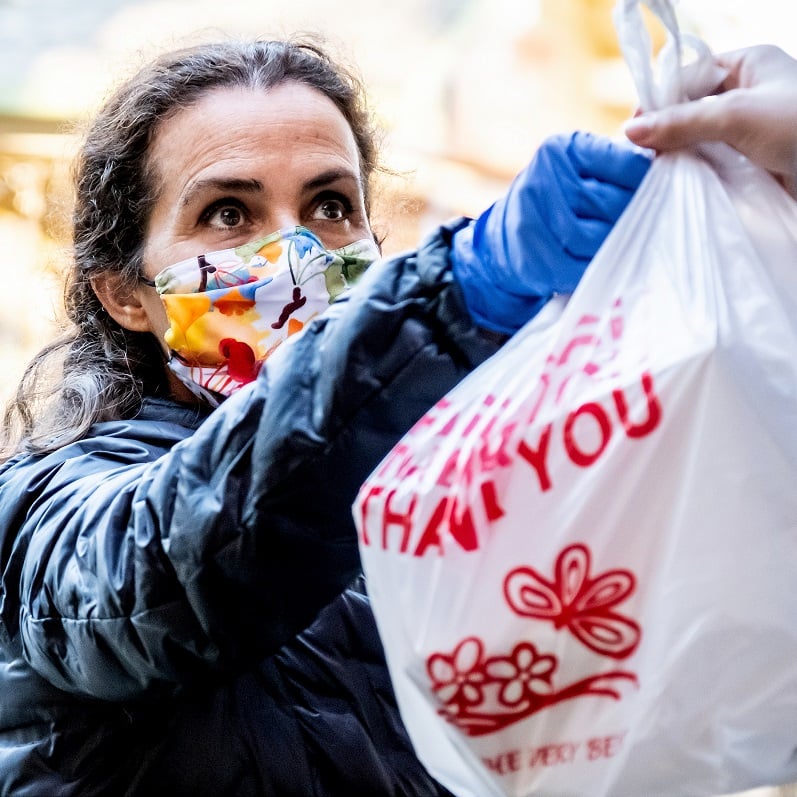
 Supporting crisis-affected communities and strengthening personal resilience
Supporting crisis-affected communities and strengthening personal resilience
Overview
300 million people - one out of every 27 people - needed humanitarian assistance and protection in 2024 - OCHA
The global number of disasters is expected to continue to increase in the coming years, exacerbating the suffering for communities who are trapped in the vicious cycle of disaster-response-recovery. This leaves affected communities unprepared and uncapable of learning from previous emergencies, further increasing crisis damage, vulnerability, and disruption. To break free from this cycle, we need to address crises with a preventive, multi-faceted approach. By mainstreaming prevention, invisible needs, such as mental health, and resilience into our responses, we can achieve long-term impact on communities, helping them to thrive better in face of future crises.
Prevention and preparedness saves lives. Crisis response should not only be about relief efforts and recovery but also preventing future disasters and reducing their impact. We must continue to adapt responses as the crises and needs evolve over time.

Our approach
We fund and support small and significant-scale crises, such as climate- and conflict- related disasters, providing immediate relief efforts to vulnerable people and responding to their changing needs. Moreover, we wish to bring change to communities by also supporting forgotten crises, creating greater impact where it is most needed.
It’s our firm belief that prevention is the best form of protection. Before a catastrophe occurs, we aim to help at-risk communities proactively anticipate emergencies to reduce the impact of a disaster.
We closely collaborate with a range of local and international organizations before, during and after a crisis. With their knowledge, expertise and resources, we can tailor our responses to the needs of the affected communities.
We focus on integrating Mental Health Psychosocial Support (MHPSS) whenever possible to address invisible needs, helping communities and individuals to build personal resilience.
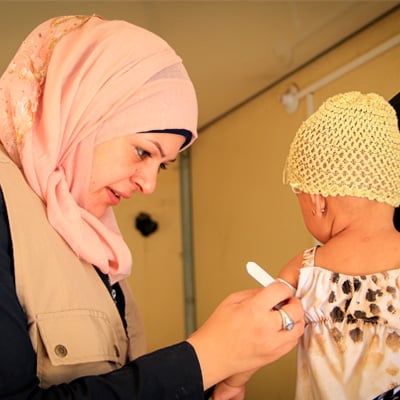
We aim to elevate our crisis response strategies through:
- An innovative, effective and multi-faceted crisis response model, focused on prevention and preparedness, and harnessing our expertise from our other areas of expertise;
- Strong collaborations with trusted and like-minded organizations on the field, which enables a more efficient, process-oriented response.
- Bespoke advocacy to change the system in the humanitarian landscape, pushing for increase preparedness, mental health and psychosocial support (MHPSS) to become mainstream practices.

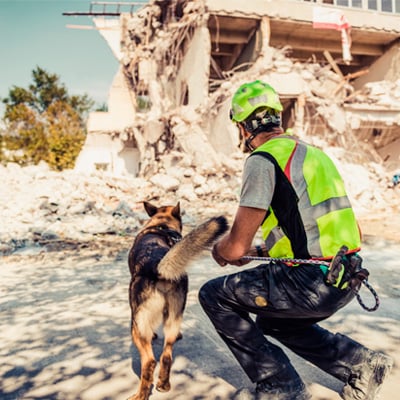
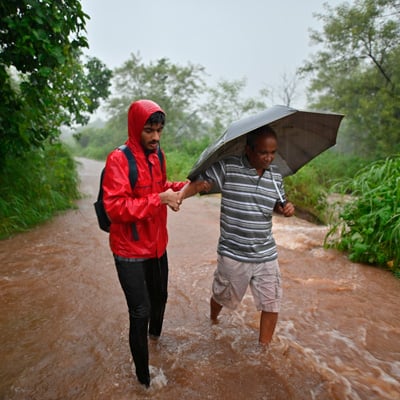
Our ability to respond effectively in times of crises relies on our strong network of partnerships, including humanitarian organizations, Zurich Business Units and Zurich employees around the world.
To drive this change, we implemented the following key initiatives:
- Defined Assessment Criteria: Establishing clear criteria to align our efforts with our objectives while effectively managing our budget.
- Crisis Response and Recovery Fund: Launching a dedicated multimillion fund via our giving platform to facilitate donations from Zurich employees.
- 'Go-To' Partner Network: Creating a network of trusted partners, connecting us to a vast array of experienced humanitarian organizations with a proven track record in immediate relief. This network includes non-governmental organizations, international organizations, and UN agencies,
- Mental Health and Psychosocial Support (MHPSS): Whenever feasible, we integrated MHPSS interventions into our initial response efforts.
Crises supported
Since we were founded in 1973, we have been supporting emergency responses worldwide through donations and matching fundraising. Here are a few examples:
2024 responses
In 2024, the Foundation strengthened its crisis response pillar, responding to more than 30 crises across the globe in 2024, compared to 20 in 2023.
It includes responses to flooding in Argentina, Brazil, Burundi, Nigeria, Poland, Romania, Spain, and Tanzania; cyclones, hurricanes, typhons and storms in Bangladesh, Philippines, Vietnam, and the US; wildfires in Brazil, Canada, Chile, and the US; earthquake in Japan.
In addition to climate-related catastrophes, we helped provide assistance following the exacerbation of violence in Haiti, Democratic Republic of Congo, Lebanon, and Sudan, focusing as much as possible on mental health and psychosocial support (MHPSS).
2023 Climate-related disasters
- Most significant one was the earthquakes in South-eastern Türkiye and North-western Syria for which we are also addressing mid- and long-term needs linked to our mental wellbeing and social equity pillars
- Examples of disasters supported: Afghanistan earthquake in October, Hawaii wildfires in August, Canada fires in June, Malawi cyclone in March
2022: Ukraine focus
- A multi approach response to assist those affected by the war in Ukraine to support immediate, mid and long-term needs
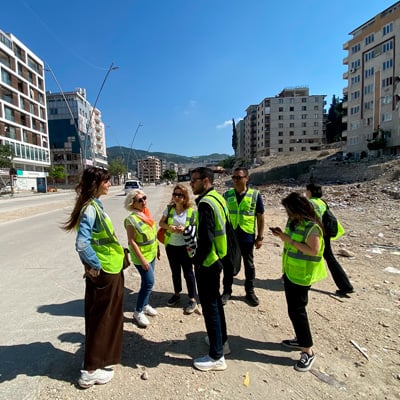
2021: COVID-19 vaccines
- 1,700,000 people received two doses of COVID-19 vaccines as part of our global campaign to support UNICEF’s efforts to ensure vaccine equity worldwide
2020: COVID-19 response
- 2,400,000 people supported worldwide
- Donations made to 220 charities in 35 countries
Assisting those who fled the war in Ukraine
Supporting UNICEF's global efforts to help deliver COVID-19 vaccines
Providing assistance to face the COVID-19 pandemic